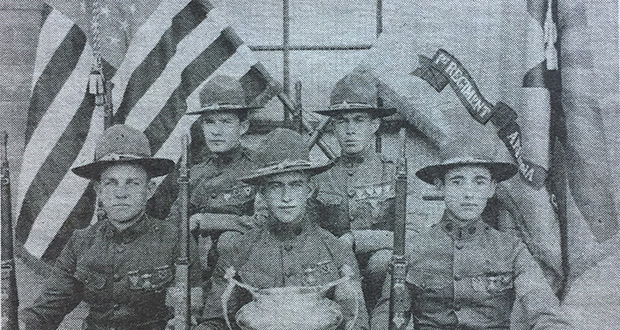Novice Politicos
Arizona Capitol Reports Staff//March 20, 2009//[read_meter]
Edward J. Jackson, leaning into the touring car with his elbow propped on the door in this 1920s photo, was a mining entrepreneur and unsuccessful political candidate. Posters promoting a...
No tags for this post.

















